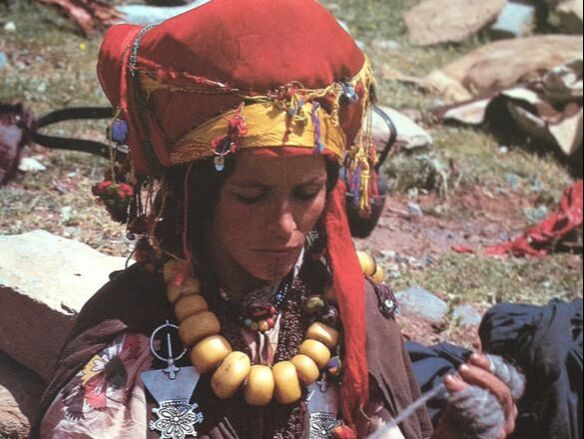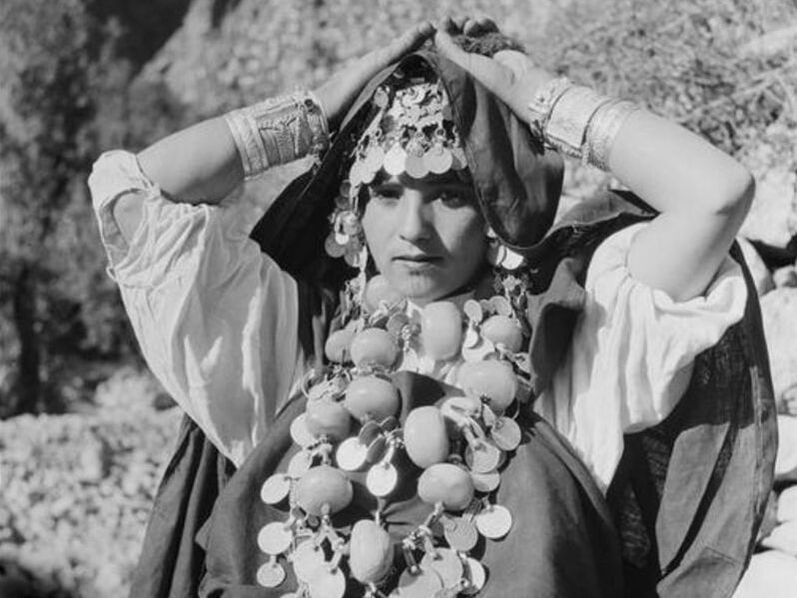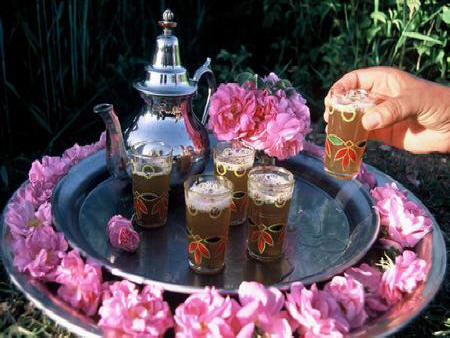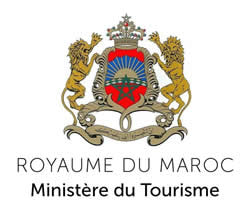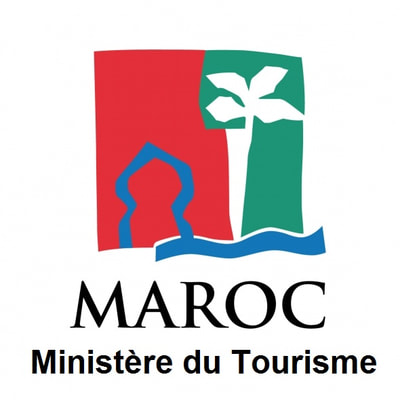Experience the Berber culture & Hospitality in Morocco
The Amazighs ("free men", the term which the Berbers refer to themselves) are the oldest inhabitants of North Africa. For thousands of years, they have occupied a vast territory stretching from the Atlantic coasts of Morocco to the oasis of Siwa in Egypt. These people have their own language and culture, but their identity is threatened. Not part of the logic of the nation-state, nomadic or sedentary, Muslim, Christian or Jewish, the Berbers are suspected of heresy by the North African powers, Their daily lives are therefore a struggle to preserve their identity.
Most Berbers living in Morocco, in the High Atlas at almost 2,000 meters above sea level, which are in the heart of the mountains a few hours of walking on a steep path. The houses are made of stone and terracotta when they are not directly arranged in the caves that dot the ridges and steep hills of the territory. The villagers are peaceful, animated by a quiet force. No infrastructure is in place to ensure their health or education; there is only a small clinic with nurses only or school with few classes, not even electricity in some of the villages. But the Berbers are independent. By their deep knowledge of the environment and their know-how, they manage to be self-sufficient by working the land, by raising goats. Their way of life is intimately linked to the territory they inhabit and is organized day by day, following the rhythm of nature. Despite the precarious living conditions, there is a warm, family atmosphere in the village. Women occupy a central place, most of the men had left to work on other lands. They have thus become the guardians of the living memory, of Amazigh traditions and culture.
Most Berbers living in Morocco, in the High Atlas at almost 2,000 meters above sea level, which are in the heart of the mountains a few hours of walking on a steep path. The houses are made of stone and terracotta when they are not directly arranged in the caves that dot the ridges and steep hills of the territory. The villagers are peaceful, animated by a quiet force. No infrastructure is in place to ensure their health or education; there is only a small clinic with nurses only or school with few classes, not even electricity in some of the villages. But the Berbers are independent. By their deep knowledge of the environment and their know-how, they manage to be self-sufficient by working the land, by raising goats. Their way of life is intimately linked to the territory they inhabit and is organized day by day, following the rhythm of nature. Despite the precarious living conditions, there is a warm, family atmosphere in the village. Women occupy a central place, most of the men had left to work on other lands. They have thus become the guardians of the living memory, of Amazigh traditions and culture.
Berber Experience
|
Southern Morocco Culture and Berber Traditions 9 Days |
Berber culture immersion
|

